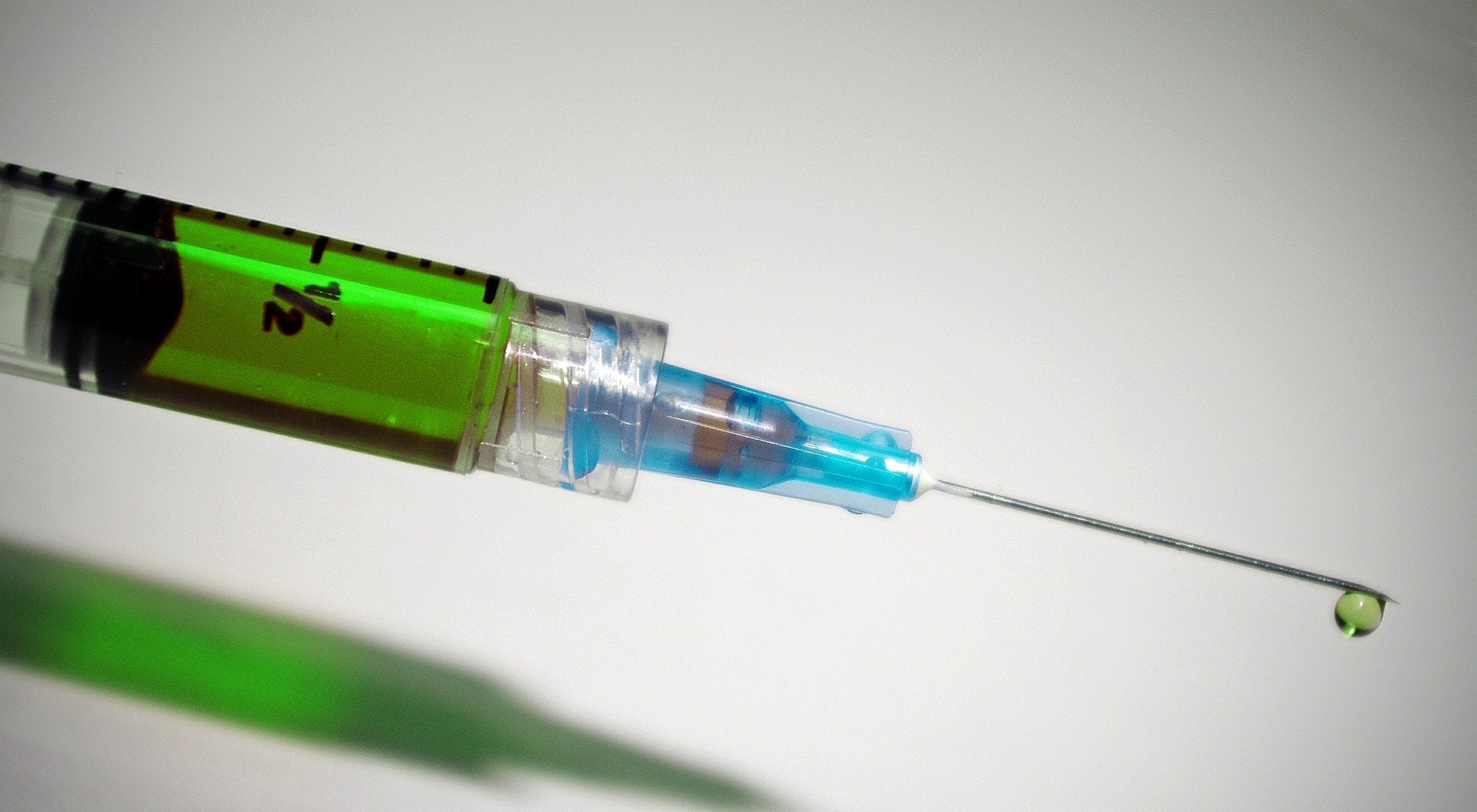
Italian biotech firm ReiThera has reported positive initial data from Phase II COVITAR clinical trial of its Covid-19 vaccine candidate, GRAd-COV2.
Data showed that the vaccine was well-tolerated and triggered immune responses.

Discover B2B Marketing That Performs
Combine business intelligence and editorial excellence to reach engaged professionals across 36 leading media platforms.
Based on a review of the safety and immunogenicity results, the Independent Data Safety Monitoring Board and the Steering Committee suggested the continuation of the vaccine’s development.
GRAd-COV2 is developed using the company’s replication-defective simian (gorilla) adenoviral vector (named GRAd) and encodes the full-length coronavirus spike protein.
The Phase II trial of the vaccine was carried out in 917 participants aged above 18 years at 24 sites in Italy.
Among the participants, 25% were aged above 65 years and/or had conditions related to a higher risk of severe disease with Covid-19.

US Tariffs are shifting - will you react or anticipate?
Don’t let policy changes catch you off guard. Stay proactive with real-time data and expert analysis.
By GlobalDataParticipants were either given a single vaccine dose and then a placebo dose, two vaccine doses or two doses of placebo. The two doses were administered three weeks apart.
The company unblinded the subjects at their two-month check-up stage after the first dose, enabling those who were given the placebo to participate in the Covid-19 vaccination campaign.
ReiThera noted that GRAd-COV2’s safety profile and the immune response to the vaccine validate the findings from the Phase I trial.
The vaccine was well-tolerated at the first dose and the tolerability was better at the second dose.
During the study, the majority of adverse events were mild to moderate and of short duration. The common adverse events were pain and induration at the injection site, fatigue, muscle pain and headache.
The preliminary results did not show any vaccine-related serious adverse events.
More than 93% of participants experienced antibody responses against the SARS-CoV-2 spike protein at three weeks following the first dose. The proportion increased to 99% after the second dose.
Five weeks from the first dose, the titer of spike-binding and SARS-CoV-2 neutralising antibodies was similar to that seen in a reference group recovering from Covid-19.
ReiThera Preclinical and Clinical Immunology unit head Stefania Capone said: “Adenoviral vector vaccines induce more potent and persistent cell-mediated responses than other vaccine platforms, due to the activation of T lymphocytes against the spike protein, as we confirmed in our Phase I study of our candidate vaccine GRAd-COV2.
“Therefore, in the context of current and future epidemics, vaccines with this property could prove to be important weapons in offering protection from Covid-19, alone or in heterologous combination with other vaccine platforms.”
GRAd-COV2 is expected to soon enter a non-inferiority design-based Phase III programme.





